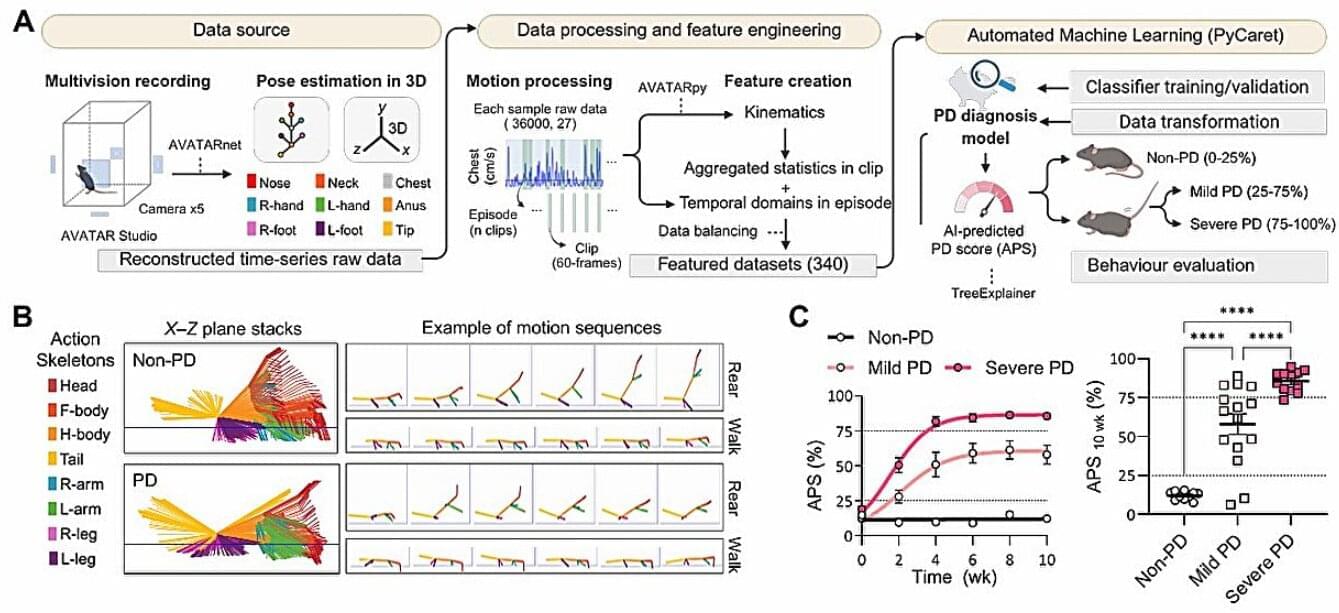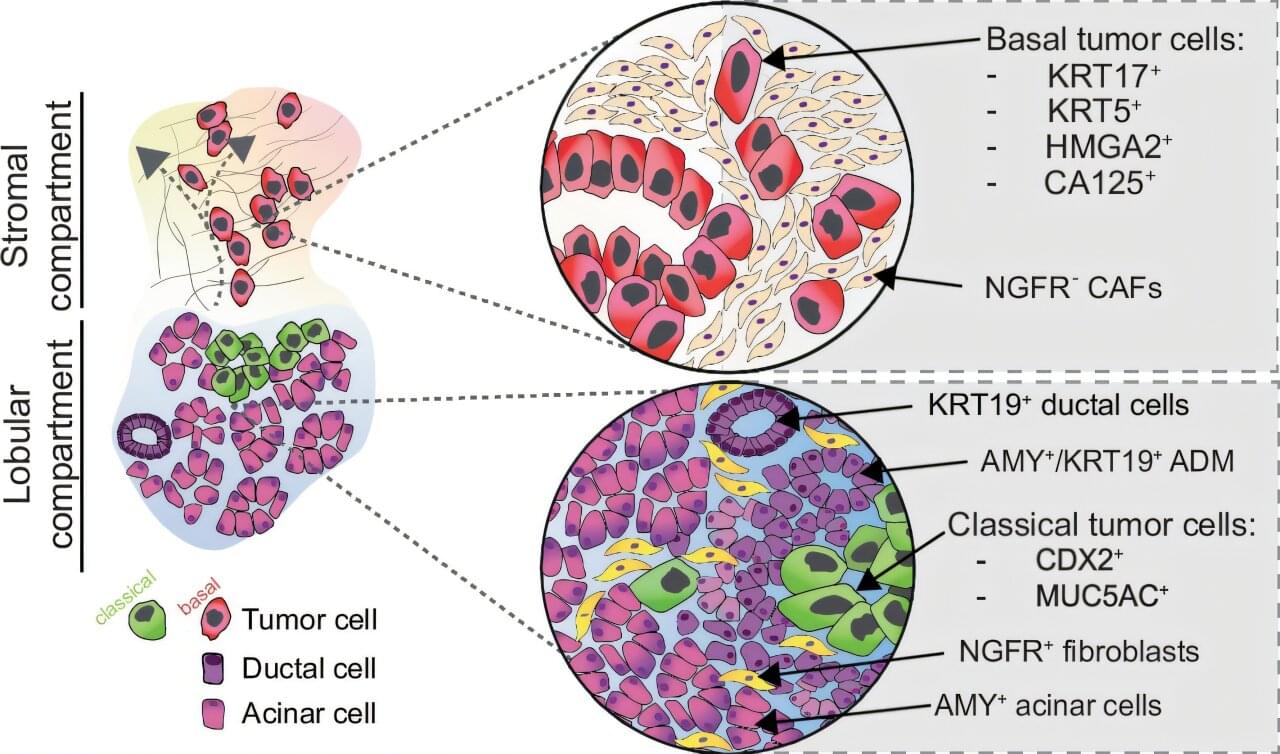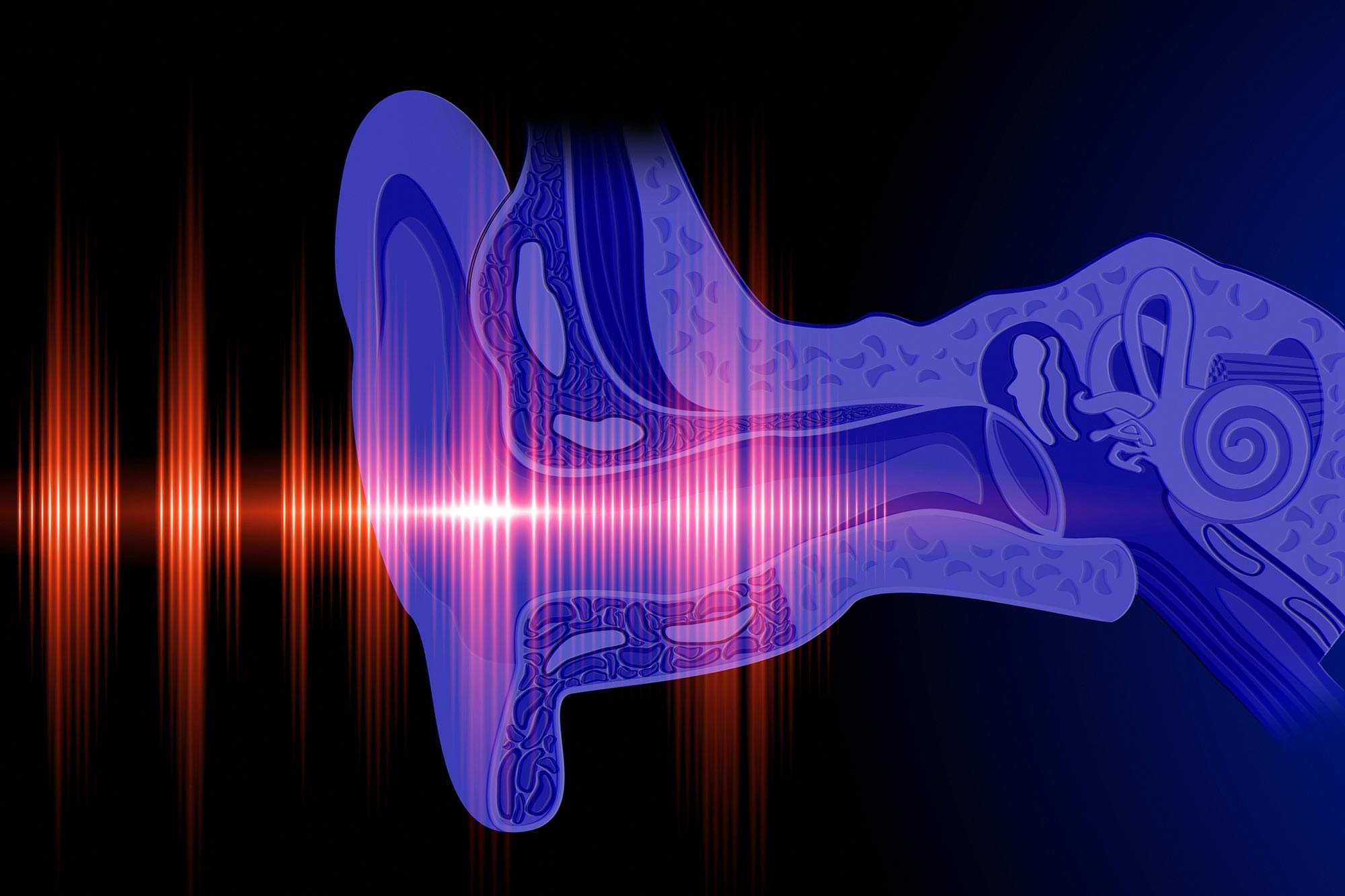Globally recognized figures Muhammad Ali and Michael J. Fox have long suffered from Parkinson’s disease. The disease presents a complex set of motor symptoms, including tremors, rigidity, bradykinesia, and postural instability. However, traditional diagnostic methods have struggled to sensitively detect changes in the early stages, and drugs targeting brain signal regulation have had limited clinical effectiveness.
Recently, Korean researchers successfully demonstrated the potential of a technology that integrates AI and optogenetics as a tool for precise diagnosis and therapeutic evaluation of Parkinson’s disease in mice. They have also proposed a strategy for developing next-generation personalized treatments.
A collaborative research team, comprising Professor Won Do Heo’s team from the Department of Biological Sciences, Professor Daesoo Kim’s team from the Department of Brain and Cognitive Sciences, and Director Chang-Jun Lee’s team from the Institute for Basic Science (IBS) Center for Cognition and Sociality, achieved a preclinical research breakthrough by combining AI analysis with optogenetics.









